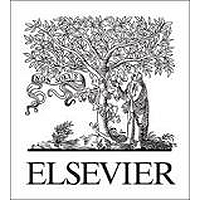Aim: To examine the association between heat index (HI) during the induction, maintenance, and rewarming periods of targeted temperature management (TTM) and neurologic outcome in out-of-hospital cardiac arrest (OHCA) survivors.Methods: Adult (>= 18 years) comatose OHCA survivors who underwent TTM at 33 degrees C between 2016 and 2018 were included. We collected data on water temperature (WT) recorded every minute during TTM. We calculated HI during induction as the inverse of the average WT x induction time (h) x 100 and HI of maintenance and rewarming as the inverse of the average WT x 100. The primary outcome was a poor neurologic outcome, based on Cerebral Performance Category 3-5 after 6 months.Results: Of the 118 included patients, 78 (66.1%) had poor outcome. Poor outcome group had lower HI during each of three periods than good outcome group. The areas under the curves for poor outcome of HI during the induction, maintenance, and rewarming periods were 0.819 (95% confidence interval [CI], 0.737-0.883), 0.781 (95% CI, 0.696-0.852), and 0.844 (95% CI, 0.765-0.904), respectively. Induction time (odds ratio [OR], 0.991; 95% CI, 0.983-0.999) and HI during induction (OR, 0.916; 95% CI, 0.854-0.983), maintenance (OR, 0.082; 95% CI, 0.011-0.589), and rewarming (OR, 0.009; 95% CI, 0.000-0.285) were associated with poor outcome.Conclusions: Heat generation was independently associated with neurologic outcome in OHCA survivors who underwent TTM at 33 degrees C. The performance of HI was higher in the rewarming period than in the induction or maintenance period in association with poor neurologic outcomes.

High heat generation is associated with good neurologic outcome in out-of-hospital cardiac arrest survivors underwent targeted temperature management at 33 degrees C
Review badges
0 pre-pub reviews
0 post-pub reviews
